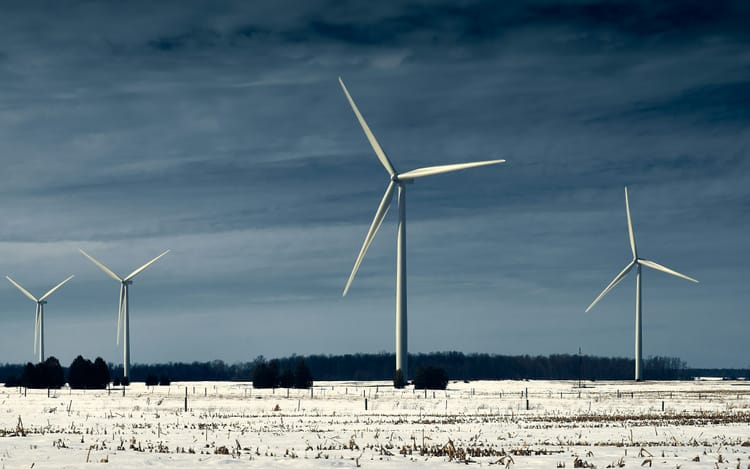Volkswagen sees carbon footprint jump despite vehicle intensity gains

Volkswagen Group’s carbon footprint increased by 17 million tonnes between 2022 and 2023 despite improvements in operational emissions and vehicle efficiency.
Overall, the group reported almost 420 million tonnes of CO2 equivalent in its latest sustainability report, up from just under 403 million tonnes in 2022. Reductions in Scope 1 (-10%) and Scope 2 (-7%) were not enough to offset the increase in Scope 3 emissions, which went from 396.39 to 413.95 million tonnes (up 4.4%).
The company has a science-based target to cut absolute operational GHG emissions by 50.4% by 2030 (from a 2018 baseline), and has already managed a 33.7% decrease so far. But its Scope 3 goal relates only to GHG intensity: reducing the carbon footprint of passenger cars and light commercial vehicles by 30% per vehicle.
From 2022 to 2023, Volkswagen managed to lower this carbon intensity from 47.8 to 47.3 tonnes of CO2 per vehicle – but commercial growth outweighed these emissions gains, with a 12% increase in total vehicle deliveries.
Although its decarbonisation strategy is based mostly on reductions, the company purchased carbon credits to offset 9 million tonnes of CO2 in 2023.
Volkswagen Group to revise sustainability governance in 2024
As part of its sustainability report, Volkswagen Group also suggested that changes are on the horizon in 2024.
First, it plans to recalculate its baseline carbon footprint based on new factors, such as the availability of region-specific life cycle assessments for the China market, the use of company-specific cutting rates for steel and aluminium components in production (instead of generic data), new vehicle use phase calculation methods and the availability of specific data for the emissions of group franchises instead of generic figures.
Additionally, Volkswagen says it began revising its sustainability governance structure and workflows in 2023 “in light of new and upcoming regulatory requirements” and expects to complete this process in 2024. The company appointed its first Group Chief Sustainability Officer, Dirk Voeste, last year.
Volkswagen aims to be ”a net carbon-neutral company by 2050”, and will focus more than two-thirds (68%) of its investments in the next five years on digitisation and electrification.







Member discussion